On the afternoon of November 5, the National Assembly discussed in groups, thereby contributing comments to the draft Law on Personal Income Tax (amended) and the draft Law on Tax Administration (amended). Some delegates of the National Assembly delegation of Bac Ninh province said that amending the law is necessary, demonstrating the correct policy to perfect the institution, create a legal basis suitable for socio-economic development and empower the Government to be more proactive in tax policy management.
However, delegates also raised a number of issues that need to be carefully considered to ensure fairness, reasonableness and feasibility in practice.
Small, disadvantaged businesses have to pay more taxes.
Discussing the draft Law on Personal Income Tax (amended), delegate Tran Van Lam raised three issues that need to be thoroughly considered to ensure fairness, reasonableness and feasibility in practice.
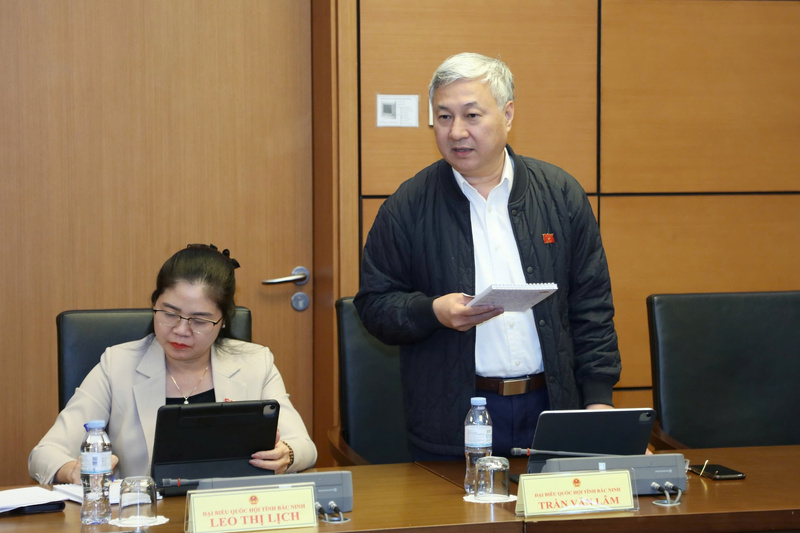
Delegate Tran Van Lam - Bac Ninh delegation. Photo: National Assembly Delegate
Firstly , it is necessary to recalculate the tax rate when switching from lump-sum tax to tax based on revenue. Delegates said that eliminating lump-sum tax payment and switching to tax payment based on revenue, including value added tax (VAT) and personal income tax, is a step in line with the trend of making business activities transparent.
“ However, the current tax rate proposed in the draft (from 0.5% to 5% of revenue depending on the industry) is very high, causing many small businesses, which are already a vulnerable group in the market, to suffer, ” said the delegate.
The delegate analyzed that if the total tax paid by enterprises (corporate income tax) is compared to actual revenue, this rate is often much lower than the 1-5% lump-sum tax rate applied to business households. This creates injustice, because small households only do business to make a living, the actual profit is very low, but they pay taxes equivalent to or higher than large enterprises with a systematic accounting system.
Delegate Tran Van Lam proposed redefining the tax base in a similar manner between the two areas, with enterprises accounting fully and business households paying tax based on revenue to ensure fairness. At the same time, it is necessary to publicize the scientific and legal basis for choosing tax rates.
Second, adjust the tax-free threshold to match actual income.
According to the draft, the personal income tax exemption threshold for business households is 200 million VND in revenue/year, similar to the value added tax (VAT) exemption threshold. Delegates said that this calculation is unreasonable and does not accurately reflect actual income.
According to the delegate, with a revenue of 200 million VND/year, the average monthly income is 16 million VND. If the profit margin is 10%, the actual income of the business household is only about 1.6 million VND/month, which is very low compared to the tax threshold of 10-11 million VND/month applied to salaried employees.
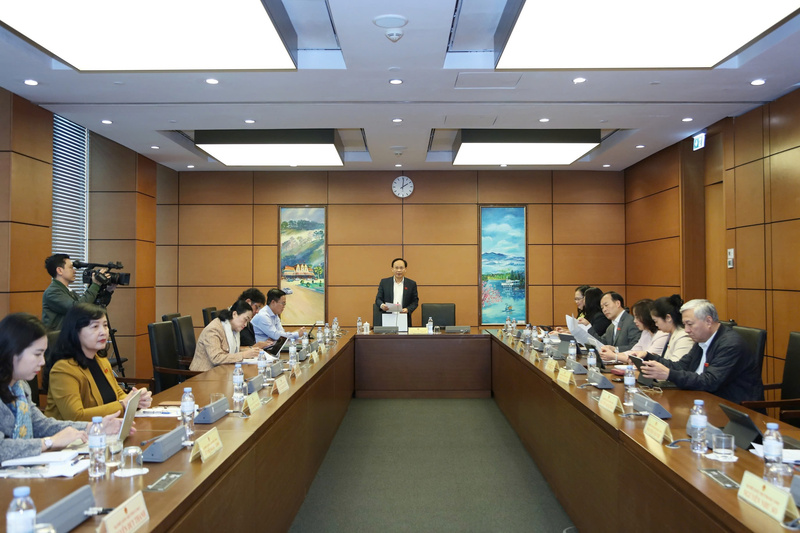
Overview of the meeting at Group 8 (National Assembly delegation of Bac Ninh province and National Assembly delegation of Ca Mau province) on the afternoon of November 5. Photo: People's Deputies
“ That means small businesses, who are weaker, have to pay taxes earlier and more, while they still have to raise children and take care of their parents like everyone else ,” said the delegate.
“We cannot let tax policy become a burden on the disadvantaged. When the State is encouraging the development of the private economy in the spirit of Resolution 68, there cannot be a tax policy that goes against the goal of supporting and protecting small businesses,” he emphasized.
Third , there should be no tax on people's gold savings.
Regarding the proposal to tax gold bar transactions, delegate Tran Van Lam admitted that the policy's goal is to fight speculation and stabilize the market, but he said it is necessary to clearly distinguish between speculation and legal savings accumulation.
He continued to analyze that most of the gold in the people's possession today is gold saved by saving for many years to accumulate assets, in case of difficulties or for legitimate purposes such as building a house, taking care of children. If tax is applied to all gold transactions, people will suffer double losses "tax on tax", because gold trading enterprises have already paid tax, people selling gold will continue to be taxed.
Delegates proposed that if this policy is implemented, it is necessary to determine a reasonable starting point for taxation, only applicable to large speculative transactions, such as the equivalent value of a social housing unit (700 million to 1 billion VND).
" We cannot let people sell a few taels of gold they have saved and still have to pay tax. That is too unfair for genuine savers ," he emphasized.
Tax responsibilities need to be clearly defined when transferring projects.
Regarding the draft Law on Tax Administration (amended), commenting on Clause 7, Article 17 on completing tax obligations when transferring investment projects, delegate Tran Van Tuan - Deputy Head of the National Assembly Delegation of Bac Ninh province said that the regulations are still unclear and can cause disadvantages for businesses, especially the transferee.
According to the draft, "in case tax obligations have not been fulfilled at the time of transfer, the transferee organization is responsible for inheriting all tax obligations related to the investment project after the transfer".
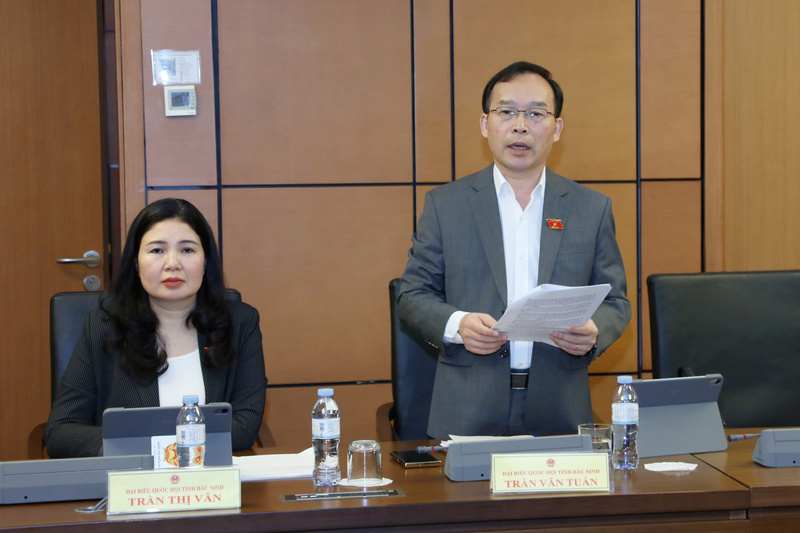
Delegate Tran Van Tuan - Bac Ninh delegation. Photo: National Assembly Delegate
Mr. Tuan analyzed: In principle, tax obligations arising from the transfer of investment projects belong to the transferor, because this is the entity with income arising from the transaction. Meanwhile, the transferee cannot determine, control or take responsibility for the tax obligations of the seller. If applied as drafted, this provision will increase legal risks, affecting the commerciality and transparency of investment transactions.
Therefore, delegate Tran Van Tuan suggested that the Drafting Committee should specify: What taxes are included in unfulfilled tax obligations, and what are the procedures and processes for confirming the completion of tax obligations before transferring. Clear regulations will help ensure the rights and obligations of the parties, avoiding the situation of shirking responsibility or disputes arising after the transaction is completed.
Regarding Clause 6, Article 6 of the draft Law, delegates agreed with the policy of encouraging consumers to get electronic invoices and rewarding those who report violations, considering this a practical initiative, contributing to preventing tax losses.
However, the delegate's proposal to assign the Ministry of Finance to decide on the annual budget expenditure level to implement this policy is not consistent with the State Budget Law, because the authority to allocate and decide on expenditure belongs to the National Assembly.
At the same time, delegates proposed to amend the regulations in the direction that the Government submits to the National Assembly for decision on a specific annual budget to implement measures to encourage consumers to get invoices, while the Ministry of Finance only issues instructions on payment procedures. This design ensures both constitutionality and legality, while maintaining the effectiveness of propaganda and the incentive of the policy.
Personal income tax is not only a financial tool but also a measure of social trust in the policy of fair distribution. The majority of delegates requested the drafting agency to continue to research, absorb and make more specific adjustments so that this law is truly fair, transparent, modern and fosters sustainable revenue sources.
Source: https://congthuong.vn/luat-thue-thu-nhap-ca-nhan-sua-doi-xem-xet-thau-dao-nuoi-duong-nguon-thu-ben-vung-429141.html







![[Photo] Opening of the 14th Conference of the 13th Party Central Committee](https://vphoto.vietnam.vn/thumb/1200x675/vietnam/resource/IMAGE/2025/11/05/1762310995216_a5-bnd-5742-5255-jpg.webp)
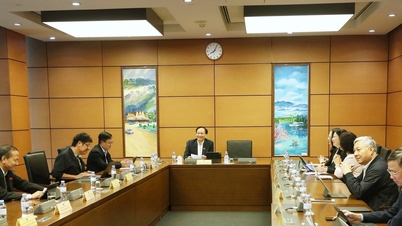

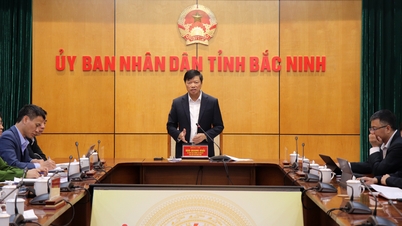


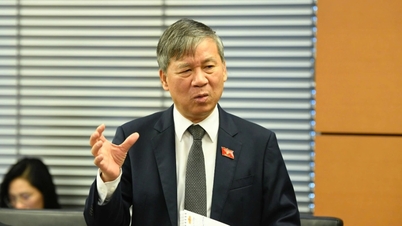








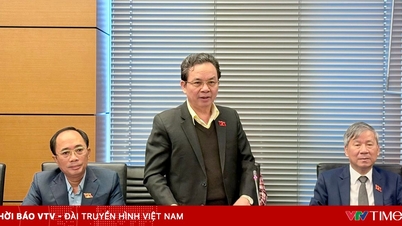



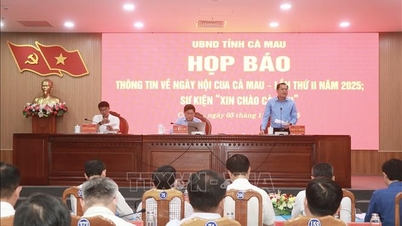











![[Photo] Panorama of the Patriotic Emulation Congress of Nhan Dan Newspaper for the period 2025-2030](https://vphoto.vietnam.vn/thumb/1200x675/vietnam/resource/IMAGE/2025/11/04/1762252775462_ndo_br_dhthiduayeuncbaond-6125-jpg.webp)



































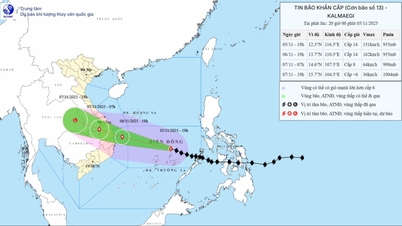


















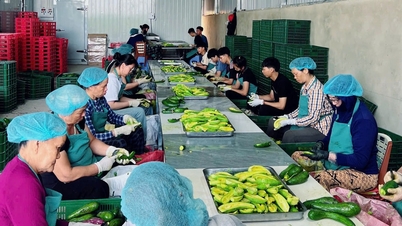
















Comment (0)